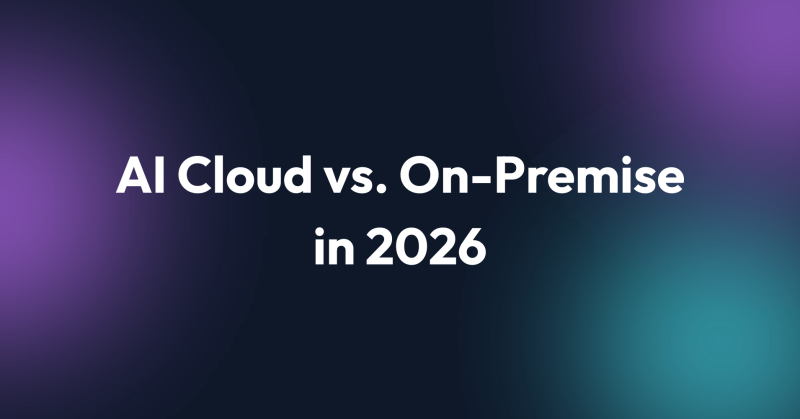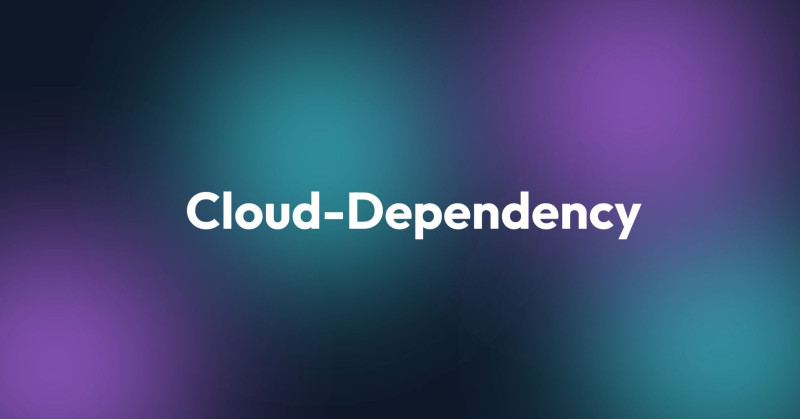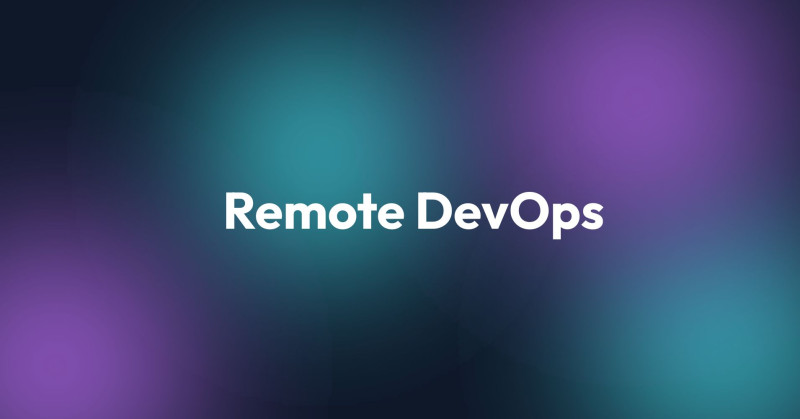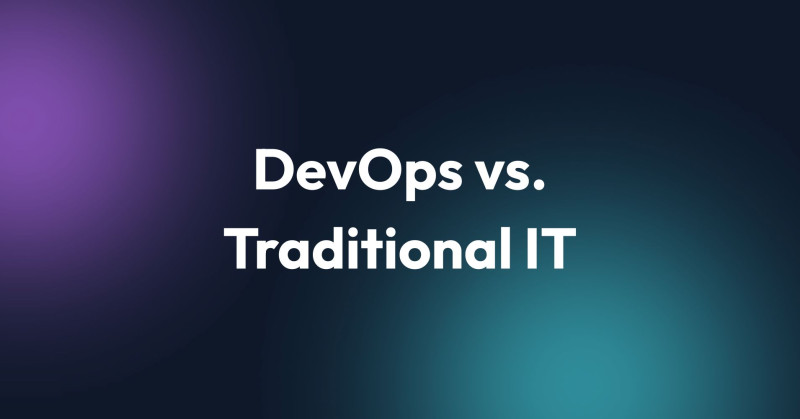The Artificial Intelligence Action Summit is currently underway in Paris, taking place on February 10 and 11, 2025, at the Grand Palais. This significant event gathers heads of state, industry leaders, researchers, and members of civil society to discuss the future of AI.

AI Summit in Paris: What are the Key Themes?
The disscuscion is focused around following topics:
-
Public Interest AI: Exploring how AI can serve societal needs and drive beneficial social, economic, and environmental outcomes.
-
Future of Work: Discussing AI's role in transforming the labor market, including job creation and the evolution of work.
-
Innovation and Culture: Promoting dynamic and sustainable innovation ecosystems that collaborate with various economic sectors, notably cultural and creative industries.
-
Trust in AI: Building mechanisms to ensure AI systems are safe, ethical, and trustworthy.
-
Global AI Governance: Shaping an effective and inclusive framework for international AI governance.
What's the Goal of Artificial Intelligence Action Summit?
The AI Action Summit in Paris aims to foster global cooperation on AI governance, ensure AI serves the public interest, and address challenges related to ethics, sustainability, and economic impact.
Who Participates in AI Action Summit?
The summit is co-hosted by President Macron and Indian Prime Minister Narendra Modi, reflecting a commitment to international collaboration in AI development. Notable attendees include U.S. Vice President JD Vance, who advocates for a hands-off approach to AI innovation, contrasting with European efforts for stricter oversight.
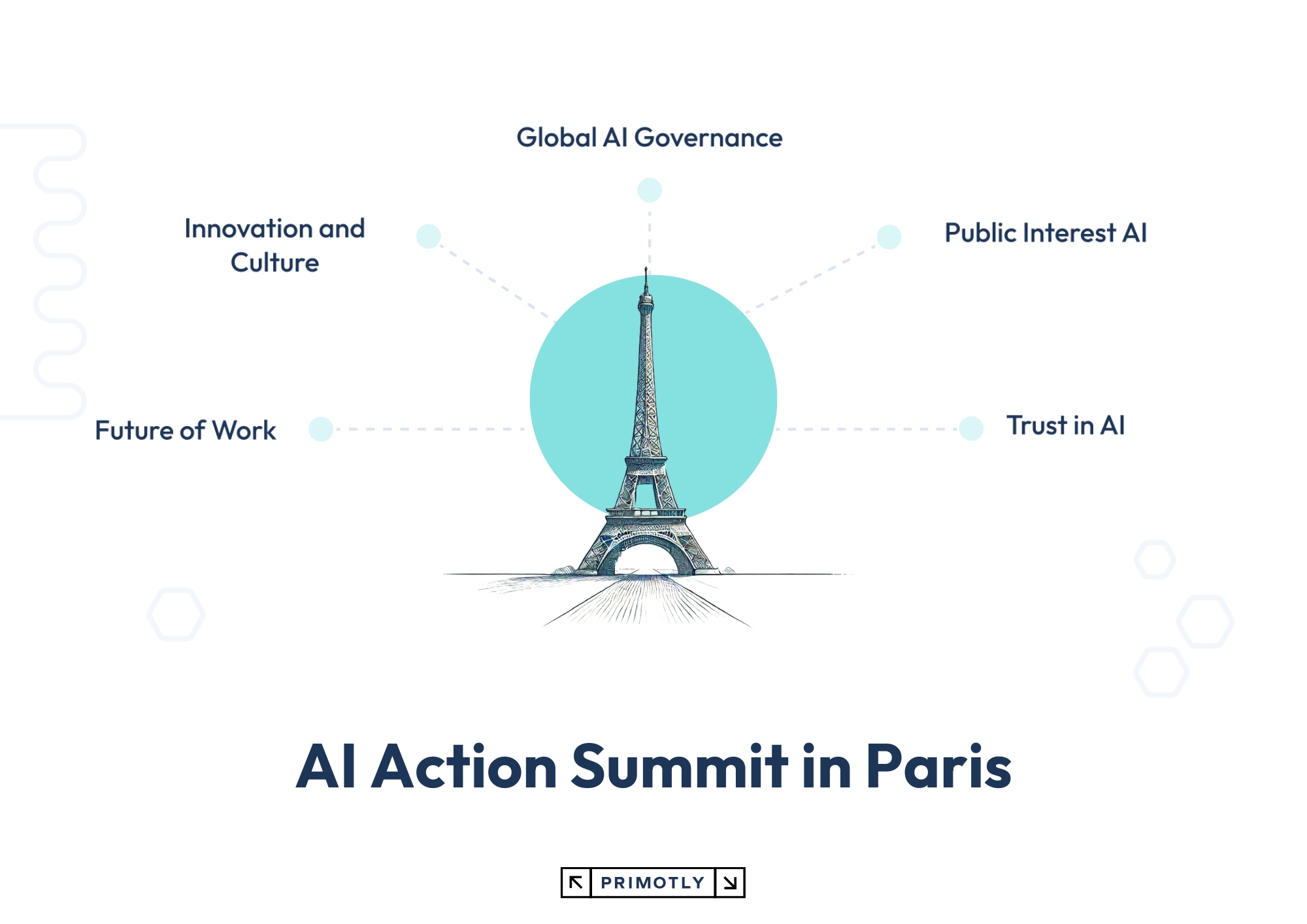
Key Takeaways from AI Summit 2025
The summit highlighted Europe’s push to lead in AI, with President Macron announcing €109 billion in private investments. He emphasized the importance of ethical AI development, protecting values like copyright and privacy while leveraging clean energy to make AI more sustainable.
A key debate emerged around AI governance approaches. The EU favors strict regulations, while the U.S. warns against overregulation, arguing it could stifle innovation. India, meanwhile, called for inclusivity, ensuring AI benefits broader populations. Despite discussions, a global regulatory framework remains uncertain.
The event also addressed AI’s impact on jobs, emphasizing the need for reskilling and upskilling. However, clear policies to manage this transition are still lacking.
While leaders acknowledged AI’s risks, the summit’s draft declaration faced criticism for being too vague. Governments recognize the need for regulation but hesitate to impose strict global standards. The summit was a step forward in shaping AI’s future, but major challenges remain unresolved.
Final Thought
The Paris AI Summit underscores the growing urgency for global AI governance. While nations share concerns about AI’s impact, there are deep divides in how they approach regulation. Europe pushes for strict oversight, the U.S. champions free-market innovation, and other countries seek balanced and inclusive growth. The AI race is heating up, but a unified global approach remains elusive.

